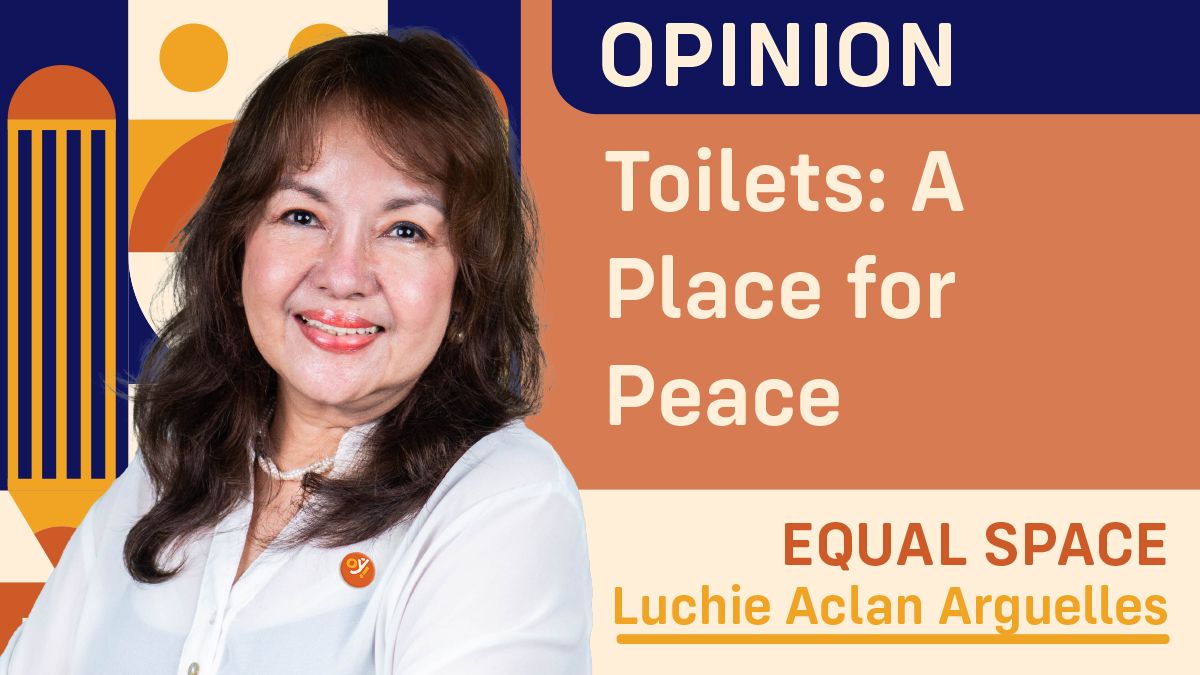On November 19, the world focuses on a subject that often goes unnoticed: toilets. This date marks the annual United Nations World Toilet Day, an event officially observed for the past decade.
It all began in 2001 when the World Toilet Organization (WTO), a non-profit group committed to improving global toilet and sanitation conditions, was founded. The WTO’s relentless advocacy and widespread awareness campaigns eventually captured the attention of the United Nations, leading to the official observance of World Toilet Day.
The 2024 Theme: “Sanitation for Peace”
This year, the theme centers around “Sanitation for Peace,” aligning with the sustainable development goal: “Safe toilets for all by 2030.”
A Global Crisis
Despite progress, the sanitation crisis remains severe. According to 2023 statistics from the UN and the World Health Organization, approximately 3.5 billion people still lack access to safely managed sanitation and drinking water. Of this number, an alarming 419 million continue to practice open defecation, relieving themselves wherever convenient.
Additionally, 2.2 billion people lack access to safe drinking water, with 115 million depending on surface water sources. Approximately 2 billion people live without basic hygiene services, and 653 million have no sanitation facilities at all.
The impact of unsafe water is devastating, contributing to the daily deaths of nearly 1,000 children under the age of five.
In response, the UN emphasizes that World Toilet Day aims to inspire action and address the global sanitation crisis. Governments worldwide are urged to prioritize and implement effective solutions without delay.
The Center of Our Lives
For many, especially in urban areas, toilets are an indispensable part of daily life. The availability of a clean and functioning toilet significantly contributes to our comfort and health.
For billions who lack access to proper sanitation, the absence of toilets poses significant risks, particularly in regions affected by conflict, climate change, and neglect.
In the Philippines, for example, disrupted and discontinued sanitation projects have left many communities vulnerable to the impacts of nature and inadequate infrastructure.
The UN’s global campaign, “Toilets — A Place for Peace,” encourages everyone to participate in raising awareness about the importance of sanitation. Toilets, or bathrooms and restrooms as they are commonly called, are personal spaces that provide solitude and peace—a stark contrast to the plight of those without them.
Key Messages
While no single UN body exclusively addresses water and sanitation issues, there are 30 UN organizations that run related programs. The UN urges global cooperation in tackling water and sanitation challenges.
World Toilet Day 2024 underscores three essential messages:
- Peace: Toilets contribute to personal dignity and safety.
- Protection: Access to sanitation protects communities from disease and environmental hazards.
- Progress: Sanitation is a human right and a prerequisite for societal development.
To create a more peaceful world, investment in sanitation infrastructure and the implementation of robust policies are critical. Governments must commit to protecting this fundamental human right to foster peace, protection, and progress for all.
For true progress, all sectors of society must engage in promoting sanitation and supporting initiatives aimed at achieving universal access. Only through collective action can we build a future where everyone enjoys the peace and dignity that safe and accessible toilets bring.
(email opinyon.luchie@gmail.com, luchiearguelles@yahoo.com)
#WeTakeAStand #OpinYon #OpinYonNews #OpinYonColumn #ColumnbyLuchieAclanArguelles

